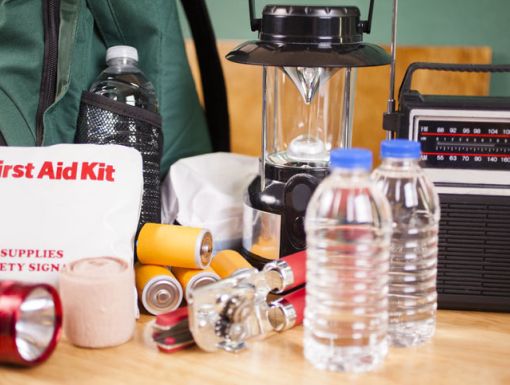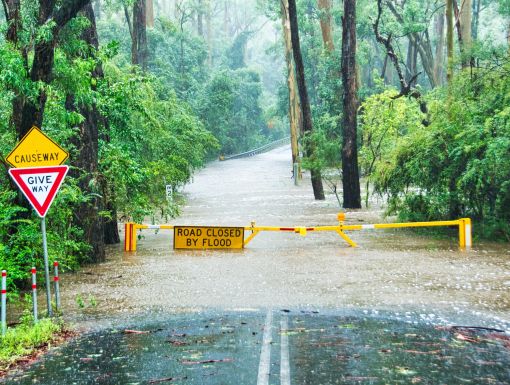
How to Protect Yourself When Traveling to Hurricane-Affected Areas in 2025
If you are planning to travel to areas affected by hurricanes in 2025 including those who are traveling for humanitarian aid work, you should follow these medical recommendations:
What pre-travel care is needed for hurricane-affected areas?
As soon as possible, schedule a visit with your physician who can provide vaccines, medicines and advice on how to stay safe and healthy while you are traveling for the specific areas you are visiting. Your doctor can also make sure you’re physically fit for the demands of the work.
Your doctor may also decide to refer you to a travel medicine specialist if necessary.
What recommended vaccines should you be up to date on?
- Tetanus: In accordance with the current CDC guidelines, responders should receive a tetanus booster if they have not been vaccinated for tetanus during the past 10 years. Td (tetanus/diphtheria) or Tdap (tetanus/diphtheria/pertussis) can be used.
- Hepatitis B: Hepatitis B vaccine series for persons who will be performing direct patient care or otherwise expected to have contact with bodily fluids.
How can you prevent illness and injury while in hurricane-affected areas?
- Use caution. Be aware and avoid downed power lines, water-affected electrical outlets and broken gas lines.
- Prevent bug bites. Mosquito-borne illnesses such as Zika, dengue, and chikungunya may be found in these areas. Travelers should take steps to prevent bug bites. Malaria is also a risk in some areas outside of the United States, so travelers should talk to their doctor or health care provider about taking medicine to prevent it.
- Avoid floodwater. Avoid swallowing floodwater or water from lakes, rivers, or wading in flooded areas, especially if you have any cuts or abrasions.
What vaccines are recommended for people evacuating from a disaster?
If immunization records are not available, adults over 18 years should receive the following recommended immunizations:
- Adolescent/adult formulation tetanus and diphtheria toxoids and acellular pertussis vaccine (Tdap) if not previously received no matter when last dose was given.
- Pneumococcal polysaccharide vaccine (PPSV23) and Pneumococcal conjugate vaccine (PCV13) for adults 65 years or older or Pneumococcal conjugate vaccine (PCV 20).
- Pneumococcal conjugate vaccine (PCV13) and PPSV23 or Pneumococcal conjugate vaccine (PCV 20) for adults 19 or older with an immunocompromising condition.
The following vaccines should be given to evacuees living in crowded group settings, unless the person has written documentation of having already received them:
- Influenza: Everyone 6 months or older should receive the influenza vaccine.
- Varicella: Everyone 12 months or older should receive one dose of this vaccine unless they have a documented record of immunization or documentation of health care provider diagnosed of chickenpox or shingles.
- MMR: Everyone 12 months of age or older and born during or after 1957 should receive one dose of this vaccine unless they have a documented record of two doses of MMR or other evidence of immunity.
Learn about hurricane preparedness resources at Ochsner.



